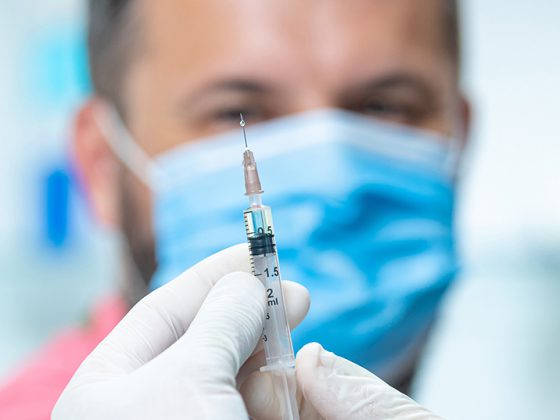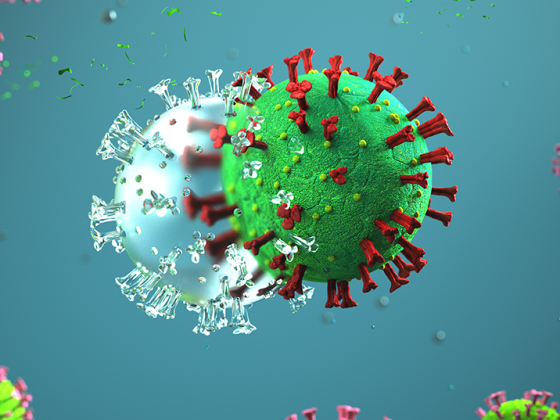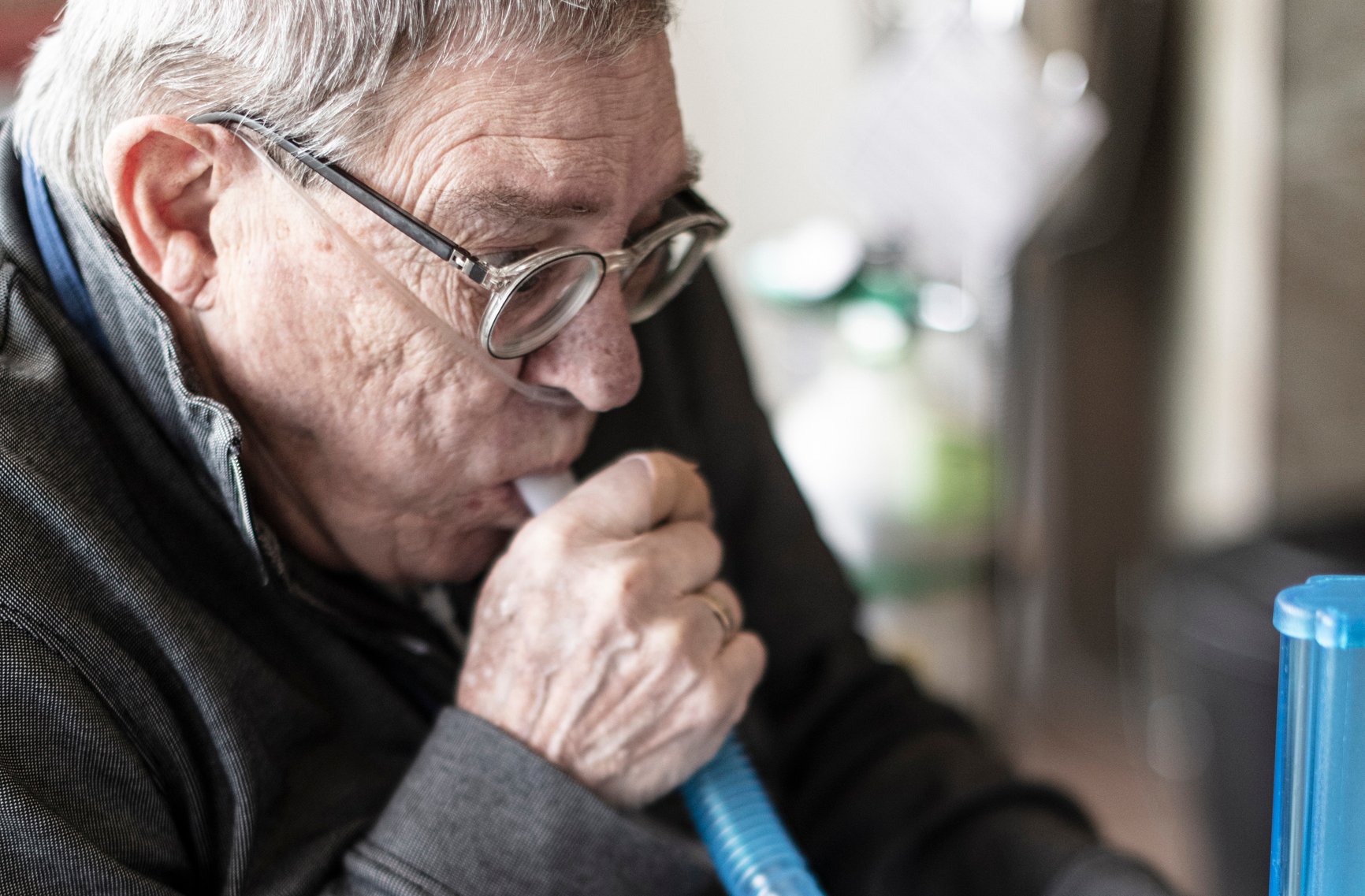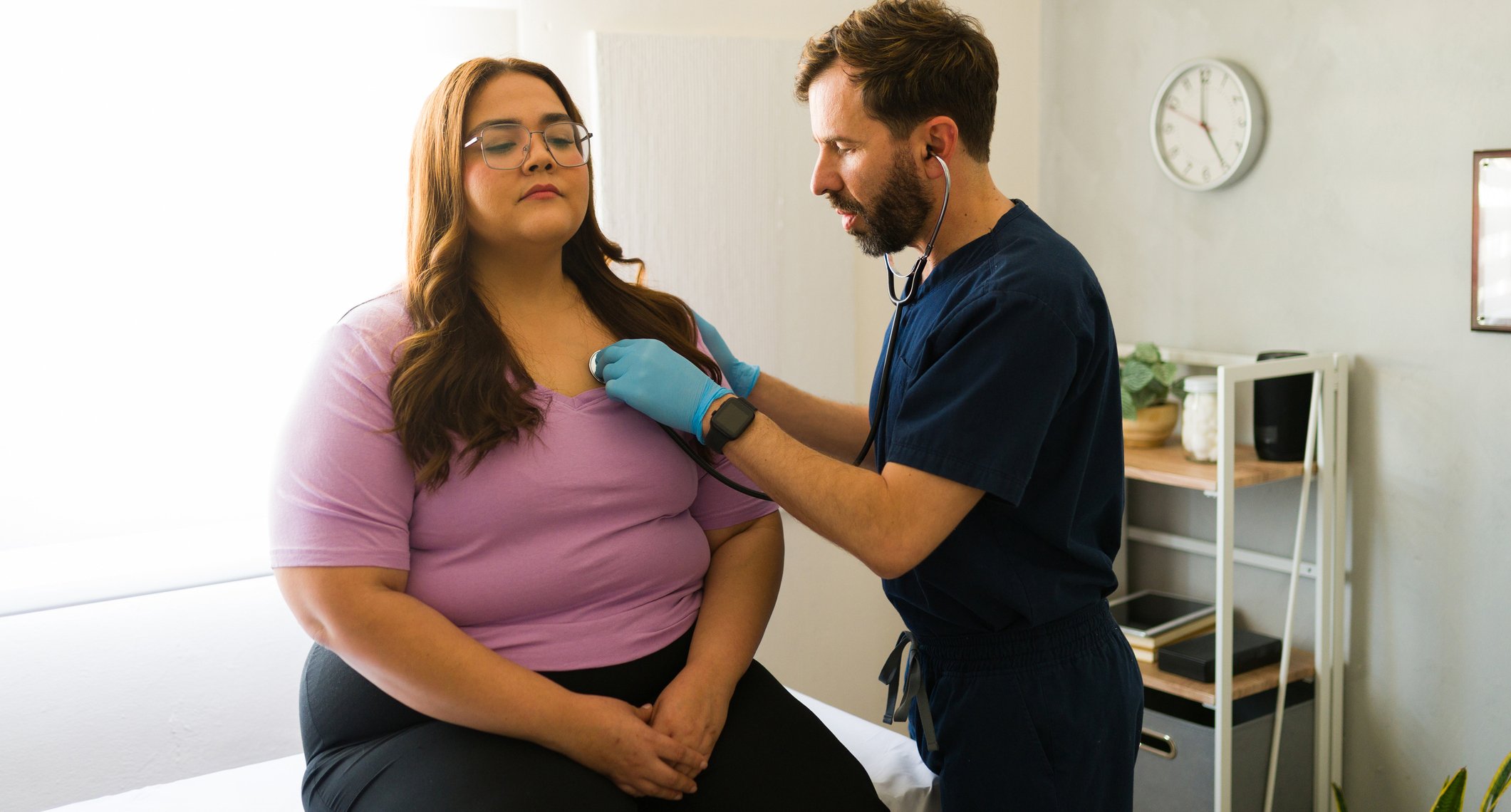The annual congress of the European Society of Cardiology again had a number of exciting and goal-oriented findings in store. In addition to groundbreaking study results in diastolic heart failure, which will be highlighted in a separate article, the focus included research results around young infarct patients and atrial fibrillation.
A German study has explored the key question of how young infarct patients differ from healthy peers. For this purpose, the clinical characteristics of consecutive patients hospitalized with acute myocardial infarction at the age of 45 years or younger were compared with randomly selected individuals from the general population of the same region in Germany. A total of 522 patients from the Bremen STEMI Registry and 1191 matched controls from the German National Cohort (NAKO) were studied. The results provided evidence that although a parental history increases the risk of also suffering a cardiovascular event at an early age, this factor is not the sole causative factor. It was also found that the proportion of active smokers in the group of young myocardial infarction patients was more than three times higher than in the general population (82.4% vs. 24.1%). In addition, affected patients were more likely to have hypertension (25.1% versus 0.5%) and diabetes (11.7% versus 1.7%). The infarct patients were also more likely to be obese, with a mean body mass index of 28.4 kg/m2 compared with 25.5 kg/m2 in control subjects.
Analysis of independent risk factors for the occurrence of acute myocardial infarction at age 45 years or younger revealed an 85-fold increase in risk due to hypertension, a 12-fold increase due to smoking, 5-fold in association with diabetes, and a doubling due to obesity. Study author Prof. Harm Wienbergen, MD, Bremen, Germany, reiterated the need to avoid smoking and obesity in children and adolescents: “Our study suggests that family history is not the only predisposing factor for early myocardial infarction. The results support the argument that young people should be educated about why it’s important not to smoke and to have a healthy body weight.”
Screen short term atrial fibrillation
Digital technologies are advancing and also provide information regarding possible heart problems. However, it is still not easy to detect asymptomatic AF, which often lasts only minutes or a few hours. And there is great uncertainty as to whether this should be treated at all, and if so, for how long. In principle, the use of anticoagulants for short-term AF is considered useful, but it is not known whether this treatment provides more benefit (reduction of strokes) than harm (bleeding) on balance. The LOOP trial is therefore investigating the net benefit of therapy for episodes of atrial fibrillation. For this purpose, approximately 6000 patients over the age of 70 years with a risk factor for stroke were randomly assigned to one of two managements, atrial fibrillation screening with implantable cardiac monitor or usual care. Randomization was 3:1, with 4500 patients included in the monitor group and 1500 in the control group. Primary end point is time to 1st stroke or systemic embolism. The objective is to demonstrate that additional anticoagulation by atrial fibrillation screening significantly reduces stroke risks. One can be curious.
Aerobic training supports treatment management
That patients with atrial fibrillation benefit from physical training was revealed by the ACTIVE-AF trial. She observed how a six-month exercise program affected the recurrence of atrial fibrillation and the severity of symptoms. For this, 120 patients with symptomatic atrial fibrillation received either exercise intervention or usual care for six months. The training plan included supervised training (weekly for three months, then fortnightly for three months) and an individual weekly plan to be followed at home. The goal was to increase aerobic exercise up to 3.5 hours per week over the six months.
It was found that the atrial fibrillation recurrence rate was significantly lower in the exercise group (60%) than in the control group (80%). In other words, a greater number of patients in the exercise group were able to maintain a normal heart rhythm without the need for invasive interventions or continued medication. In addition, the severity of symptoms such as palpitations, shortness of breath or fatigue also decreased.
Congress: ESC digital 2021
CARDIOVASC 2021; 20(3): 31 (published 8/9/21, ahead of print).
HAUSARZT PRAXIS 2021; 16(9): 42











